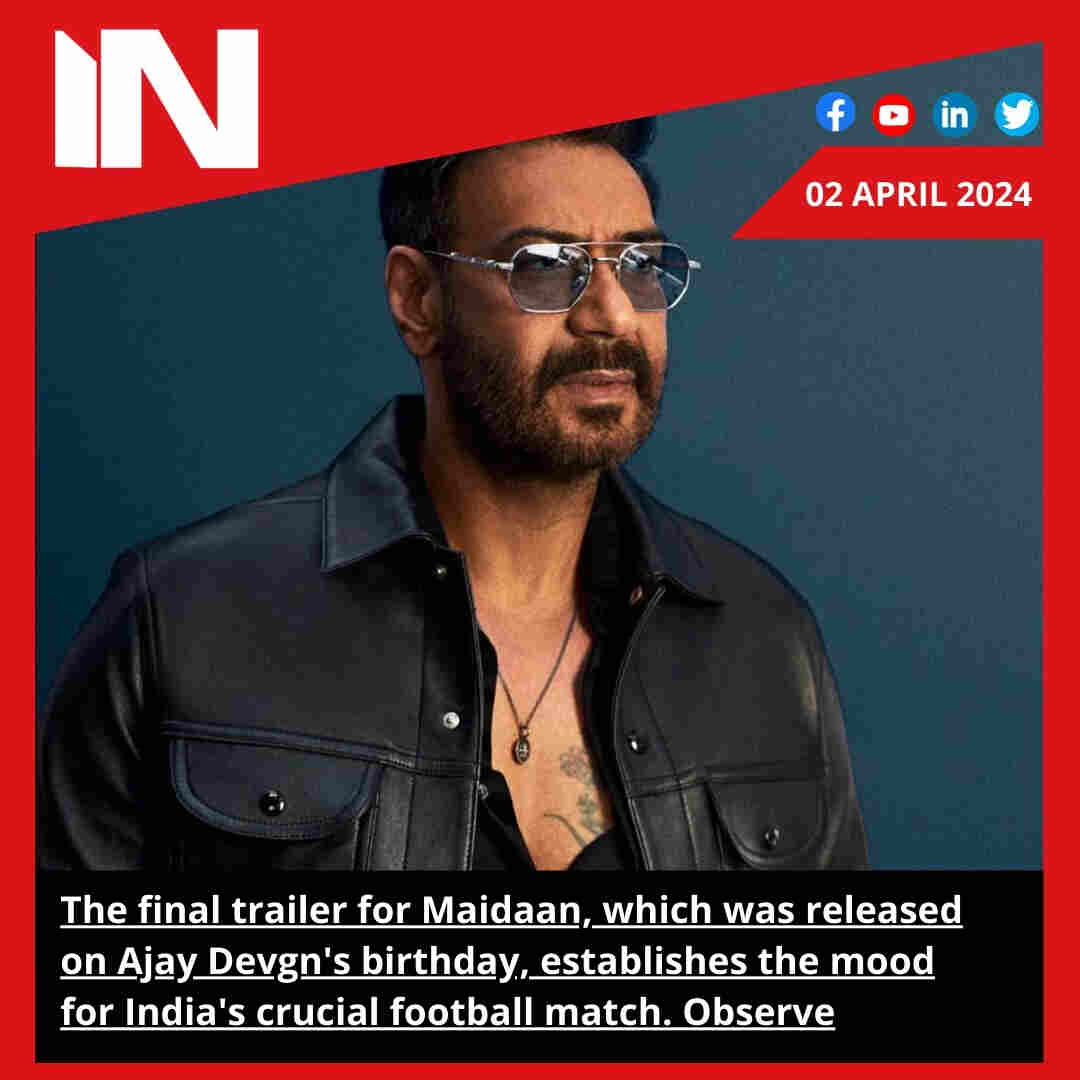India Hot Topics
Delhi Changes Strategy To Fight COVID-19 As Cases Near 60,000

Delhi Recorded The Highest Number Of COVID-19 Cases In India After Maharashtra. With 3,000 People Testing Positive In The Last 24 Hours, Delhi’s Coronavirus Count Has Inched Towards The Grim Milestone Of 60,000-Mark. The Deadly Infection Claimed Over 2,100 Lives In The Capital.
Citing The Rapid Surge In COVID-19 Count, Union Home Minister Amit Shah Has Held Several Meetings With Delhi Chief Minister Arvind Kejriwal, Deputy Chief Minister Manish Sisodia, Lieutenant Governor Anil Baijal, Union Health Minister Harsh Vardhan And Senior Officials To Discuss The Action Plan.
The Focus Will Be On More Effective Contact Tracing, Strict Monitoring Of The Active Cases And Inclusion Of Epidemiologists At The District Level To Strengthen The Health Care Facilities. From The Re-Arranging The Containment Areas To Extensive Survey — Here Is How The Authorities Plan To Contain The Spread Of The Coronavirus In Delhi.
Also Read: A ‘500 Years Old’ Temple, Submerged In The Mahanadi In Odisha, Is 60 Feet In Height.
Re-Mapping The Containment Zone
A Committee Set Up By Amit Shah Recommended Re-Mapping Of All Containment Zones In The Capital To Contain The Spread. The Home Minister Advised The Delhi Government To Implement The Containment Strategy Suggested By The V K Paul Committee. The Containment Areas In Delhi Will Be Drawn Afresh. Strict Vigil And Control Should Be Maintained On The Borders, The Home Ministry said. The Activities Inside The Containment Zones Will Be Closely Monitored. At Present, There Were 261 Containment Zones In The Capital. The Amended Limits Of Containment Zones Should Be Ready By June 26.
More Focus On Contact Tracing
The Panel Suggested The Contact Tracing Should Be Done For All All Coronavirus Patients. The Aarogya Setu And Itihaas Applications Can Be Used For More Effective Contact Tracing. Once The Infected Contacts Are Identified, They Should Be Quarantined. The Delhi Government Has Directed All The District Magistrates To Ensure That All Daily Reported Positive Cases Of COVID-19 Are “Physically Verified Immediately But Not Later Than 24 Hours.”
Home-Isolation Or Institutional Quarantine?
Every District Of Delhi Will Is Linked With A Big Hospital For Extending Appropriate Medical Help To People Affected By The Coronavirus. The Coronavirus Patients Who Have Facilities At Home And Have No-Comorbidity Issue Can Avail The Option Of Home Isolation In Delhi. Otherwise, All The COVID-19 Patients Will Have To Go To COVID-19 Centres In Delhi, The State Government Said.
Also Read: Pakistani Drone Shot Down By BSF Along IB In J&K
The Centre Should Be Informed As To How Many People Are In Home Isolation In The National Capital, Shah Said.
Sereological Survey From Next Week
A Serological Survey Will Be Conducted For Delhi Between June 27 To July 10. To Check The Spread Of COVID-19, 20,000 Samples Will Be Collected. “This Will Enable Authorities To Make A Comprehensive Analysis Of The COVID-19 Infection In Delhi. Then, A Broad Strategy Can Be Prepared To Combat The Pandemic In The National Capital,” The Central Government Said In A Statement.
Every Death Should Be Reported To The Centre
The Committee Has Suggested That Every Case Of Death Should Be Analysed From The Point Of When The Person Was Admitted To Hospital And From Which Area Was The Deceased Brought.
The Panel Said It Should Be Very Important To Find If The Deceased Was In-Home Isolation And If He Or She Was Brought To The Hospital On Time. Every Death Should Be Reported To The Centre, According To The Statement.
News Source: Livemint
Also Read: What Makes Centre-State Relations Different In National Capital?
Movie
The Madras High Court has granted early screenings of Vijay’s Leo movie from 7 AM, requesting the TN government to resolve any issues.
Madras High Court Grants Early Screenings of Vijay’s “Leo” Movie at 7 AM, Urges TN Government to Address Concerns
The Madras High Court has made a landmark decision in favor of the much-anticipated Tamil film “Leo,” starring actor Vijay. In a significant move, the court has granted permission for early screenings of the movie from 7 AM, urging the Tamil Nadu government to swiftly address any issues and facilitate the smooth release of the film. This decision marks a pivotal moment in the realm of Tamil cinema and the entertainment industry at large.
Historical Context:
The Indian film industry, particularly the Tamil film industry, has seen its share of controversies and challenges related to film releases. Issues such as censorship, political disputes, and public sentiment have often played a significant role in shaping the release schedules and screening times for films. Vijay, one of Tamil cinema’s most prominent actors, has been at the center of such controversies in the past. This decision by the Madras High Court is, therefore, particularly noteworthy.
The Ruling:
The Madras High Court’s decision to permit early screenings of “Leo” comes as a response to a plea filed by the film’s producers. The court, while considering the plea, took into account various factors, including the film’s anticipated popularity and the prevailing circumstances. The court emphasized the importance of accommodating the audience’s interests and allowing them to enjoy the film without disruptions.
A Step Towards Normalization:
The court’s decision signifies a positive shift in the film industry, where release dates and screening times are often mired in controversy. By allowing screenings to commence at 7 AM, the court aims to reduce the chances of public unrest and congestion near theaters, especially in the wake of high-profile film releases.
The Role of the Tamil Nadu Government:
The Madras High Court, in its ruling, also called upon the Tamil Nadu government to cooperate in ensuring a seamless release for the film. This cooperation extends to providing necessary security measures to maintain law and order around theaters during the early screenings.
Implications for the Entertainment Industry:
The decision is expected to set a precedent for the release of other highly anticipated films, not just in Tamil cinema but also in the broader Indian film industry. The court’s emphasis on the importance of accommodating the audience’s interests could lead to more flexible screening times for movies in the future.
The Audience’s Perspective:
For moviegoers and fans of Vijay, this decision comes as a welcome relief. They can now look forward to enjoying the film without any undue delays or disruptions, ensuring a memorable cinematic experience.
In conclusion, the Madras High Court’s ruling to allow early screenings of Vijay’s “Leo” at 7 AM while urging the Tamil Nadu government to resolve any issues paves the way for a more audience-centric approach in the film industry. It is a landmark decision that highlights the importance of balancing the interests of filmmakers and the movie-loving public. This judgment is poised to make a positive impact on the release of future films, ushering in a new era of flexibility and convenience for cinema enthusiasts.
Group Media Publications
Entertainment News Platforms – anyflix.in
Construction Infrastructure and Mining News Platform – https://cimreviews.com/
General News Platform – https://ihtlive.com/
Podcast Platforms – https://anyfm.in
-

 Bollywood2 months ago
Bollywood2 months agoAishwarya Rai maintains her stunning appearance in a new L’Oreal ad.
-

 health and remedies2 months ago
health and remedies2 months agoThe article discusses the potential health risks associated with swallowing dry ice
-
.jpg)
.jpg) Music1 month ago
Music1 month agoSidhu Moosewala’s father and baby brother feature on Times Square billboard; fans react. Watch
-

 Entertainment2 months ago
Entertainment2 months agoThe Anant Ambani-Radhika Merchant pre-wedding bash in Jamnagar has received a list of guests.
-

 Trending2 months ago
Trending2 months agoDolly Chaiwala: “Didn’t Know Who He Was” in reference to giving Bill Gates tea
-

 Bollywood3 weeks ago
Bollywood3 weeks agoThe phrase “female-led projects” annoys Bhumi Pednekar. “It disgusts me deeply.”
-
Bollywood2 weeks ago
Rasha, the daughter of Raveena Tandon, discusses how trolling affects her: “I think in processing it, feeling bad for a bit.”
-

 Trending2 months ago
Trending2 months agoOppo Reno 12 Pro Key Features Leak Online: Expected to Receive a 1.5K Display with a Density 9200+ SoC
.jpg)
.jpg)





%20(1).jpg)
%20(1).jpg)
%20(1).jpg)
%20(1).jpg)
%20(1).jpg)
.jpg)
%20(1).jpg)





